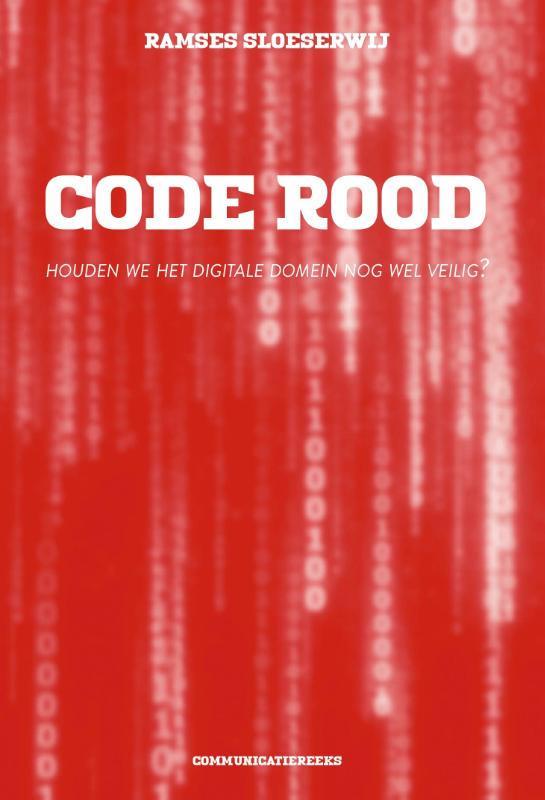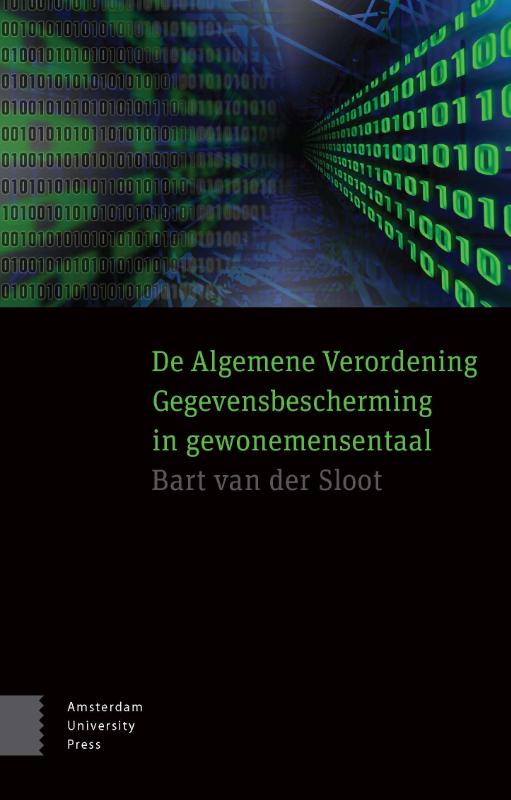Description
This book addresses a topic of vivid public discussion at both national and international levels where an information technology revolution comes together with pervasive personal data collection. This threat to privacy is peculiar and the old tools, such as consent for personal data processing, fail to work properly in the context of online services. This was clearly seen in the case of Cambridge Analytica which uncovered how easy the procedural requirements of consent and purpose limitation can be abused on a mass scale. The lack of individual control over personal data collected by online service providers is a significant problem experienced by almost every person using the Internet: it is an ‘all or nothing’ choice between benefiting from digital technology and keeping their personal data away from the extensive corporate surveillance. If people are to have autonomous choice in respect of their privacy processes, then they need to be able to manage these processes themselves. To put individuals in the driver’s seat, the book first conducts a careful examination of the economic and technical details of online services which pinpoints both the privacy problems caused by their providers and the particular features of the online environment. Then it devises a set of measures to enable individuals to manage these processes. The proposed Privacy Management Model consists of three interlocking functions of controlling, organising and planning. This requires a mix of regulatory tools: a particular business model in which individuals are supported by third parties (Personal Information Administrators); a set of technological/architectural tools to manage data within the ICT systems of the online service providers; and laws capable of enabling and supporting all these elements. The proposed solution remedies the structural problems of the Internet arising from its architectural and informational imbalances and enables the effective exercise of individual autonomy. At the same time, it facilitates the effective operation of online services and recognises the fundamental importance of the use of personal data for the modern economy. All of this is designed to change the way decision-makers think about Internet privacy and form the theoretical backbone of the next generation of privacy laws. It also shows that technology is not intrinsically privacy invasive and that effective regulation is possible.
Dit boek behandelt een onderwerp waarover zowel op nationaal als internationaal niveau levendige publieke discussies worden gevoerd, waarbij een revolutie op het gebied van informatietechnologie samenkomt met een alomtegenwoordige verzameling van persoonsgegevens. Deze bedreiging van de privacy is eigenaardig en de oude instrumenten, zoals toestemming voor de verwerking van persoonsgegevens, werken niet goed in de context van onlinediensten. Dit kwam duidelijk naar voren in het geval van Cambridge Analytica, dat aan het licht bracht hoe gemakkelijk de procedurele vereisten van toestemming en doelbinding op massale schaal kunnen worden misbruikt. Het gebrek aan individuele controle over persoonsgegevens die door onlinedienstverleners worden verzameld, is een groot probleem voor bijna iedereen die het internet gebruikt: het is een “alles of niets”-keuze tussen profiteren van digitale technologie en het weghouden van hun persoonsgegevens voor het uitgebreide bedrijfstoezicht. Als mensen een autonome keuze willen hebben met betrekking tot hun privacy-processen, dan moeten zij deze processen zelf kunnen beheren. Om de mensen zelf de touwtjes in handen te geven, wordt in het boek eerst een zorgvuldig onderzoek verricht naar de economische en technische details van on-linediensten, waarbij zowel de door de aanbieders veroorzaakte privacyproblemen als de bijzondere kenmerken van de online-omgeving worden belicht. Vervolgens wordt een reeks maatregelen uitgewerkt om personen in staat te stellen deze processen te beheren. Het voorgestelde model voor privacybeheer bestaat uit drie in elkaar grijpende functies van controleren, organiseren en plannen. Hiervoor is een mix van regelgevingsinstrumenten nodig: een bepaald bedrijfsmodel waarin personen worden bijgestaan door derden (beheerders van persoonsgegevens); een reeks technologische/architecturele instrumenten om gegevens te beheren binnen de ICT-systemen van de onlinedienstverleners; en wetgeving die al deze elementen mogelijk maakt en ondersteunt. De voorgestelde oplossing biedt een oplossing voor de structurele problemen van het internet die het gevolg zijn van de onevenwichtigheden in de architectuur en de informatie en maakt de daadwerkelijke uitoefening van de individuele autonomie mogelijk. Tegelijkertijd vergemakkelijkt zij de doeltreffende werking van on-linediensten en erkent zij het fundamentele belang van het gebruik van persoonsgegevens voor de moderne economie. Dit alles moet de manier veranderen waarop beleidsmakers over internetprivacy denken en moet de theoretische ruggengraat vormen van de volgende generatie privacywetten. Het toont ook aan dat technologie niet intrinsiek privacy-schendend is en dat doeltreffende regelgeving mogelijk is.











